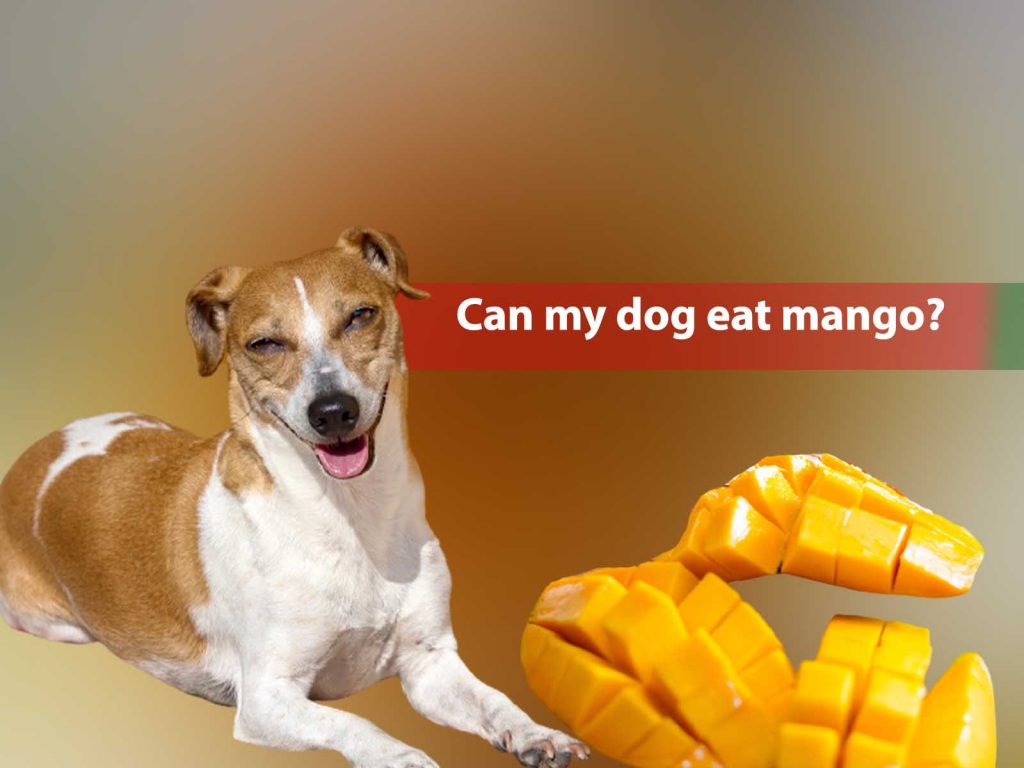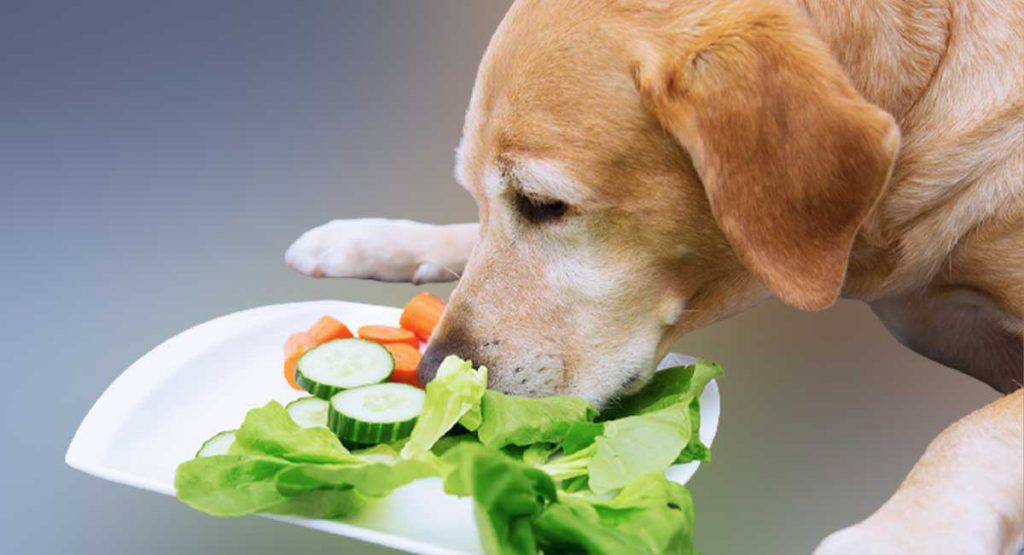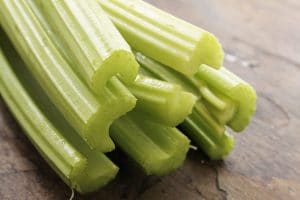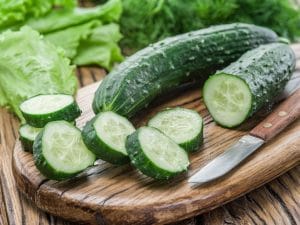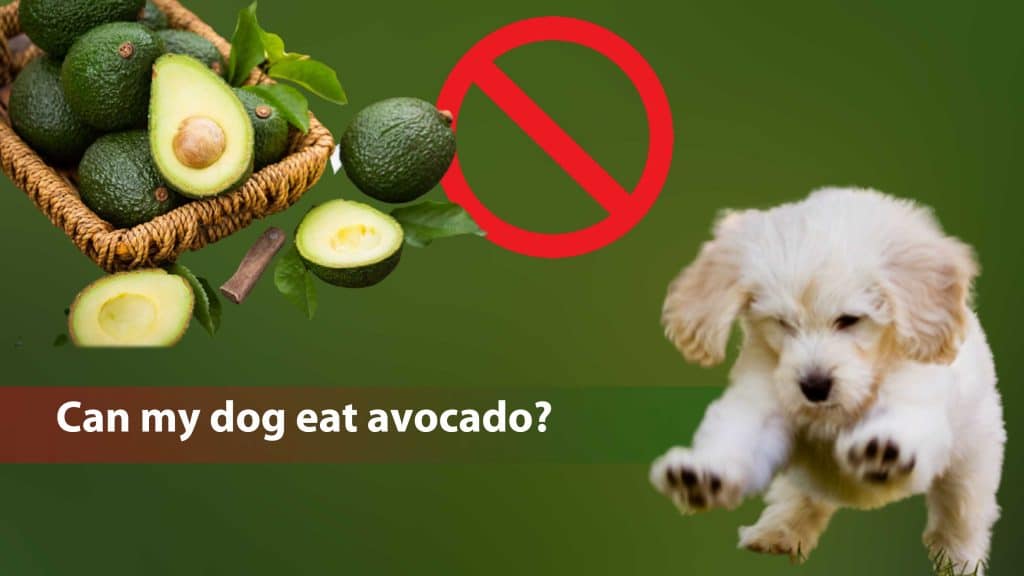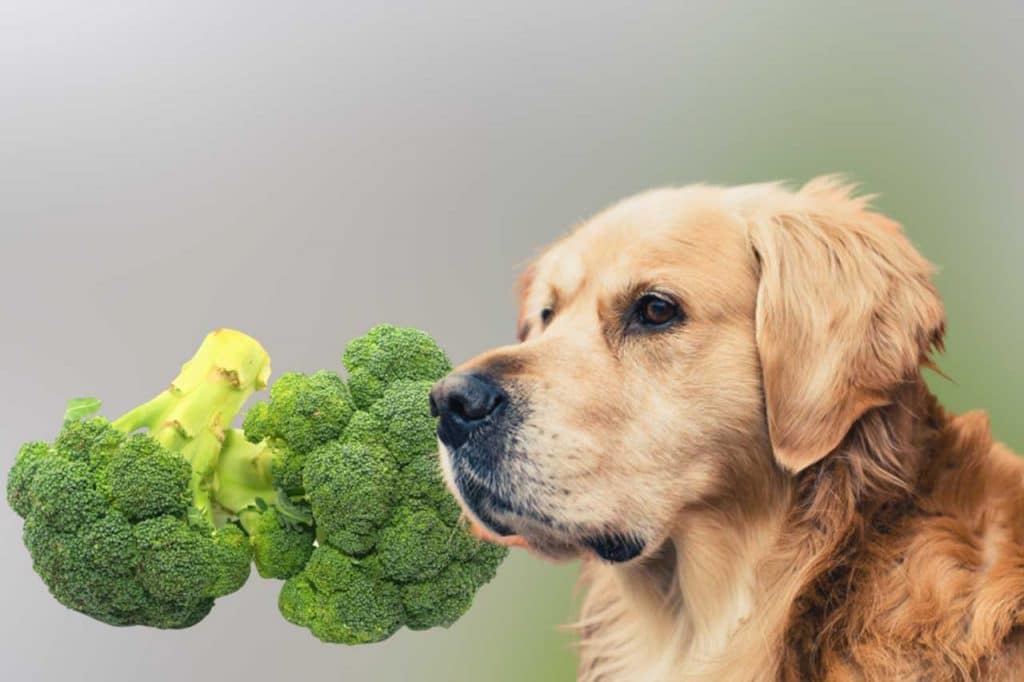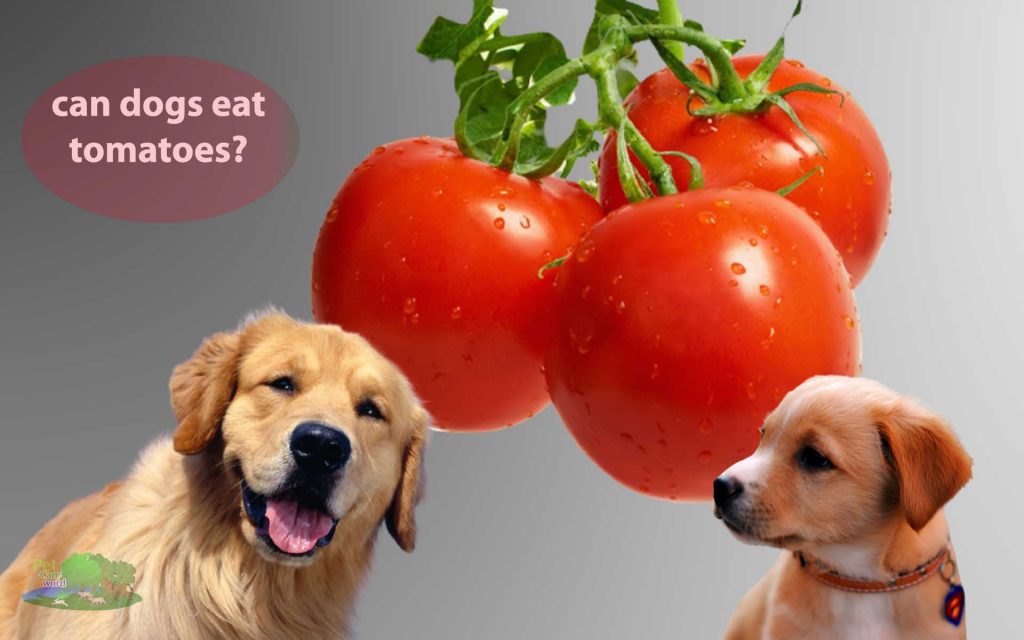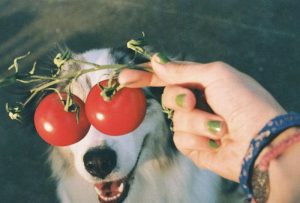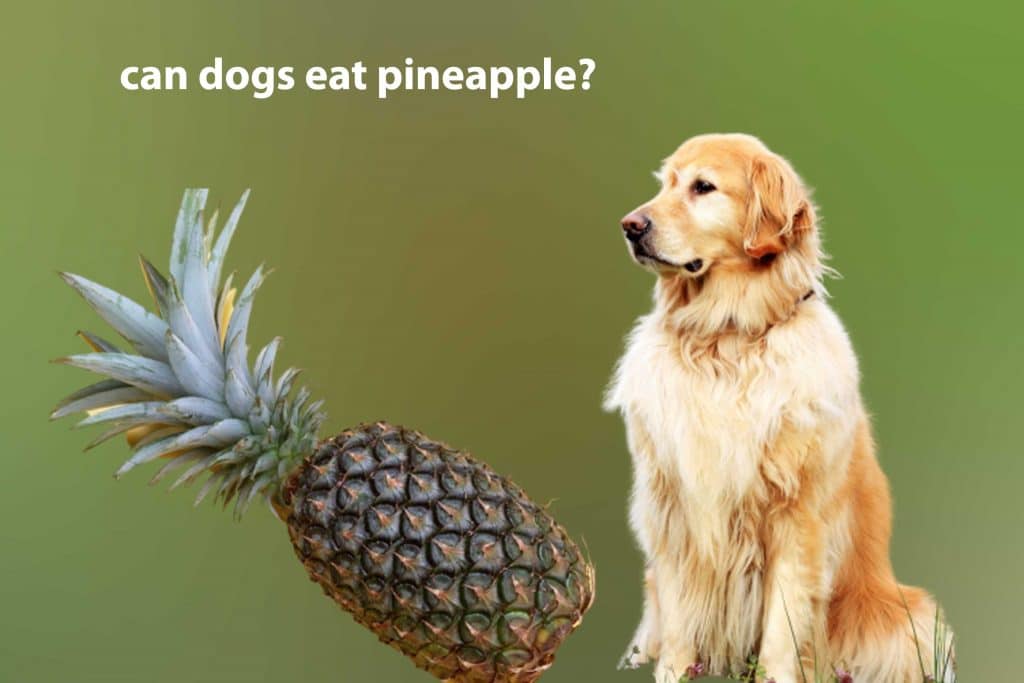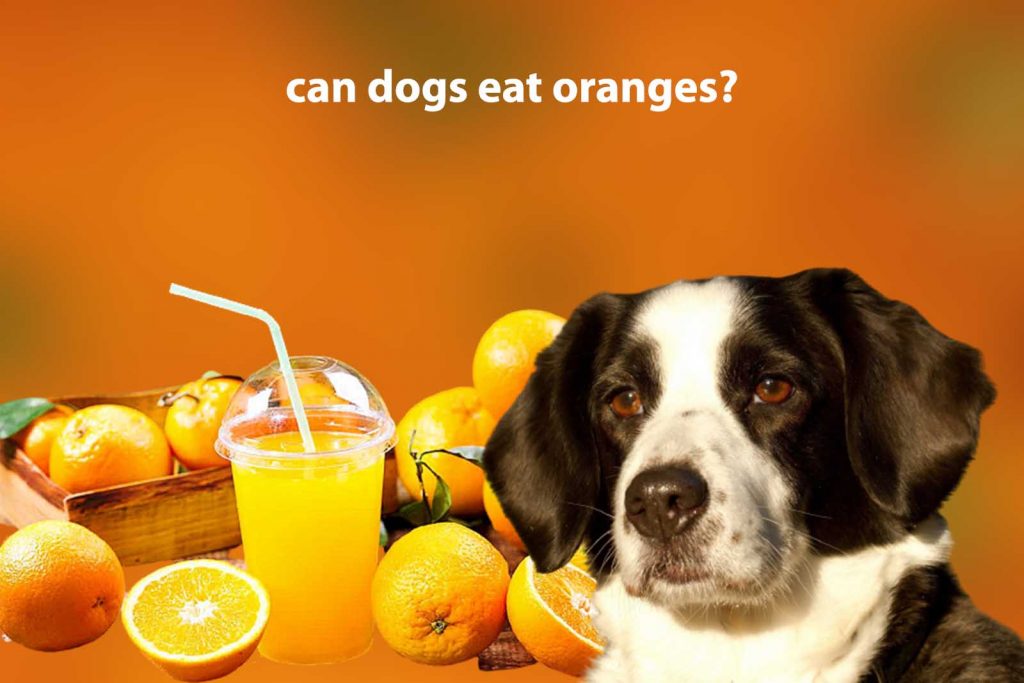Most dogs are mad about cheese. But can dogs eat cheese? Is cheese bad for dogs? The question provokes much discussion and even seems to divide the canine nation. While some give the tip that dogs are allowed to have cheese, others are unsettled and tell horror stories in which dogs lose their sense of smell or even go blind. But what’s right now? Clearly, dogs are allowed to eat cheese. It doesn’t harm them, they don’t lose their sense of smell and they are guaranteed not to go blind.
Can dogs eat cheese?
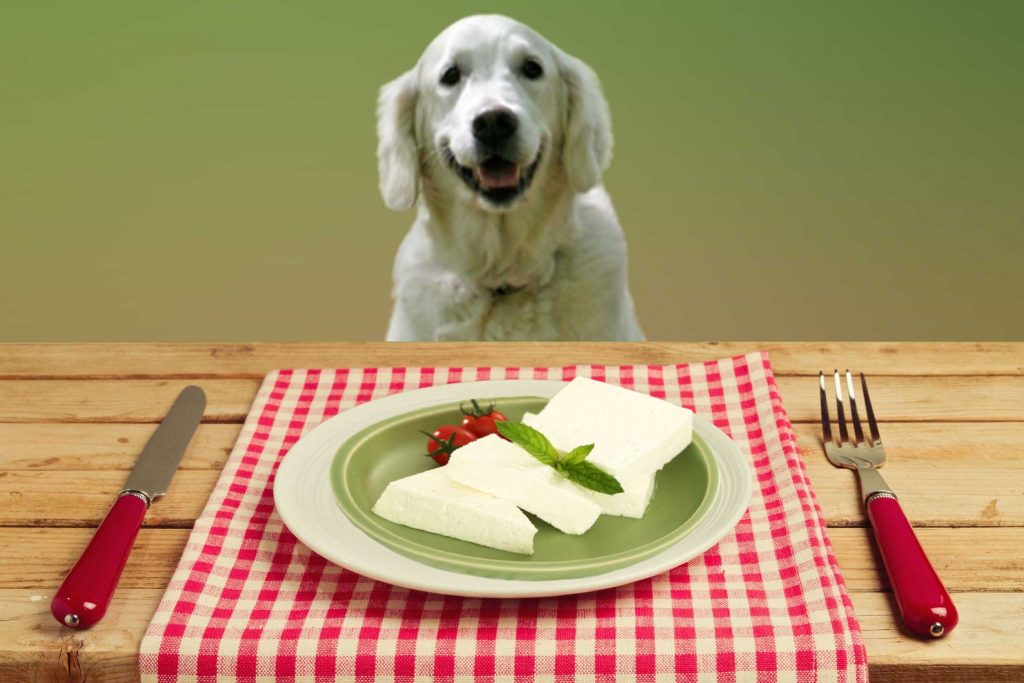
- Yes, your dog can eat cheese, including cheddar, mozzarella and cottage cheese.
- Because cheese is as fattening as it is tasty, moderation is key.
- Make sure your dog isn’t lactose intolerant before you start giving cheese as treats.
- Cheese is great to hide medications in, but not antibiotics!
- Cheese does not make dogs sick or harmed
- If dogs are lactose intolerant, cheese can cause discomfort
- Dogs can get lactose-free cheese if they cannot tolerate other cheeses
- Cheese is not suitable as feed, but there is nothing to counteract it as a treat
Can dogs have cheese?
Cheese has a bad reputation with many dog owners because cheese is a dairy product. Some types of cheese contain lactose. Many dogs cannot tolerate milk sugar. They don’t have the enzyme lactase, which breaks down milk sugar. This lactose intolerance manifests itself in dogs with diarrhea, flatulence and can go as far as colic-like abdominal pain. Dogs of all ages can be affected. If the dog is lactose intolerant, he must not be given dairy products. This then applies to yoghurt, quark and some types of cheese. However, dogs can certainly get lactose-free products
Why do dogs like cheese?
Quark and cottage cheese are made from the milk protein. Milk protein is the highest quality protein with these important features:
It’s easy, but digestion still takes 8 hours. During this time, the muscles are permanently supplied with amino acids so that body protein can be built up.
Milk proteins are one of the few foods that contains all of the essential amino acids. They are vital and cannot be formed by the body itself. They support the digestion of the meat and increase its biological value.
The amino acids control all processes in the body and in the brain. They control wound healing, serotonin production and 1,100 others too. They are responsible for the movement of the intestine as well as for happiness, wellbeing, activity and motivation. In the same way, they regulate feelings of fear and aggressiveness to the normal level, so that a dog can lead a balanced and happy life.
If you want, you can read our new article about Can dogs eat grapes? https://petanimalworld.com/can-dogs-eat-grapes-what-happens-if-my-dog-eats-a-grape/
Is cheese bad for dogs?
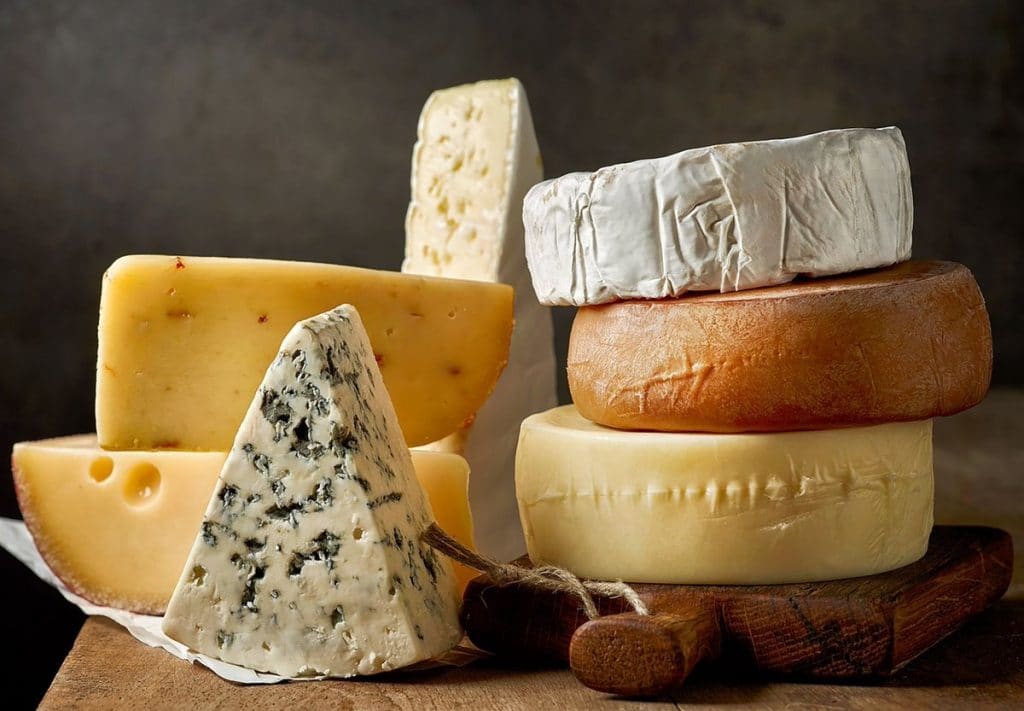
Blue cheese is already bad for dogs. All blue cheeses such as Roquefort, Gorgonzola or the English Stilton are inoculated with the mold Penicillium roqueforti. This mushroom itself is not yet poisonous. During the ripening process, the living fungus in cheese produces various metabolic degradation products.
These are mycotoxins, which can be toxic. One of them is Roquefortin C. Roquefortin C can be easily tolerated by most people. However, in dogs, Roquefortin C is highly toxic.
It has not yet been scientifically established why dogs are so much more sensitive to this than humans. In dogs, Roquefortin C works similarly to strychnine.
Therefore, any type of blue cheese is strictly prohibited for dogs. If your four-legged friend accidentally helped himself to your cheese with blue mold, you should take him to the vet immediately to be on the safe side. The best thing to do is to give him charcoal tablets on the way to hopefully bind some of the toxin.
Can dogs eat cottage cheese?
Yes, cottage cheese is very healthy for dogs.
can dogs eat cheddar cheese?
Yes, dogs can eat cheddar cheese, but this cheese can be very salty so you should give it a small amount.
How much cheese should you feed your dog?
The answer, of course, depends on the size of your dog, how well your dog handles cheese, and their overall diet. That said, some ideas are:
- Small bits of cheddar or mozzarella can be helpful when training or as an occasional reward.
- Add a little cottage cheese to your dog’s usual food.
- Serve a small amount of cottage cheese on its own as an occasional treat.
- When administering non-antibiotic pills, use just enough cheese to cover the pill.
- Treats are meant as an occasional food. Practice moderation when feeding your dog dairy products.
